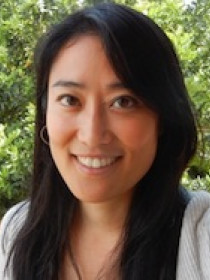
Amy Hsin
About Amy
Hsin's research focuses on immigration, race/ethnicity, and higher education. She serves on the editorial board of Sociology of Education and is a founding member of Code Blue, a national grassroots organization working on electoral politics.
Contributions
No Jargon Podcast
In the News
Publications
Draws upon the education and immigrant illegality literature, as well as longitudinal administrative data on 35,400 college students, we examine the association between students’ legal status and their educational achievement, or GPA – an important predictor of educational attainment. Finds that, despite high achievement in high school and upon first enrolling in college, undocumented students do not experience upward achievement over time, otherwise known in the education literature as educational progression.
Contributes to the literature on migrant illegality in sociology that is primarily based on the experiences of Latinx migrants by highlighting the continuities and unique features of legal violence experienced by undocumented Chinese.
Estimates the effect of Deferred Action for Childhood Arrivals on the educational attainment of undocumented college students.
Tests the two assumptions underlying popularly held notions that maternal employment negatively affects children because it reduces time spent with parents: (1) that maternal employment reduces children's time with parents, and (2) that time with parents affects child outcomes.
Examines the relative role of cognitive skills, work ethic and family SES in explaining Asian American achievement.